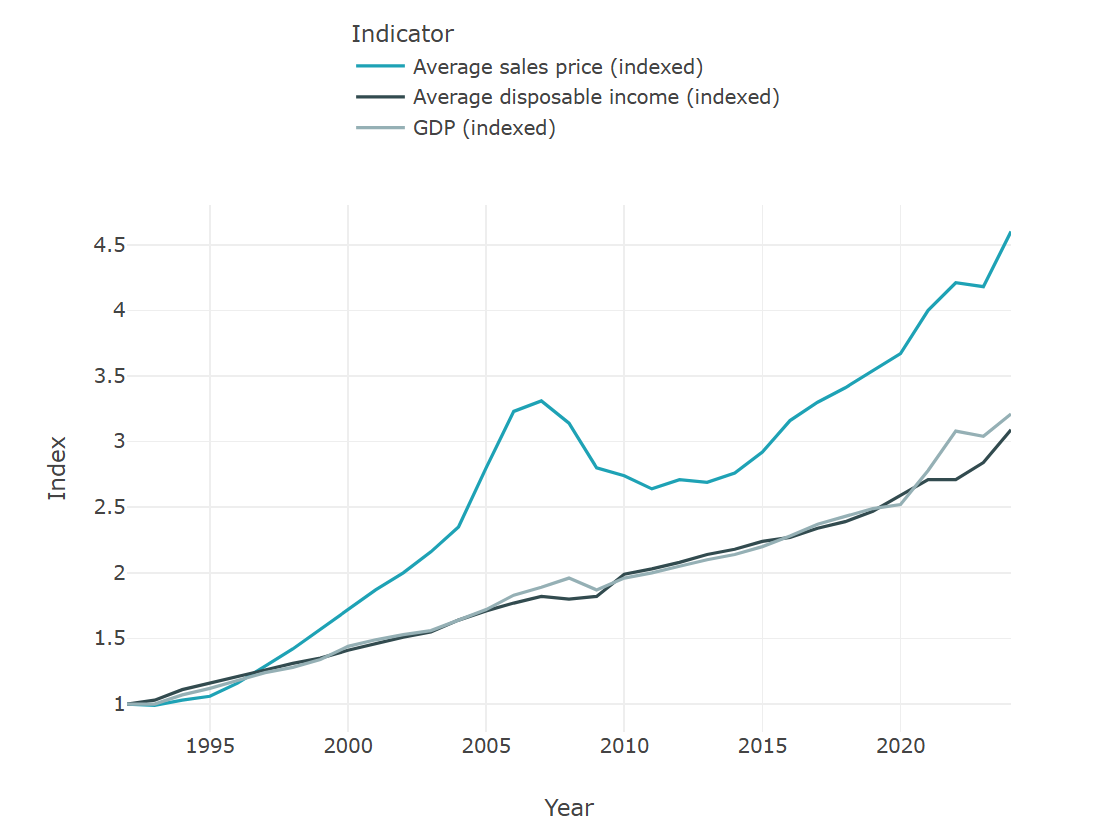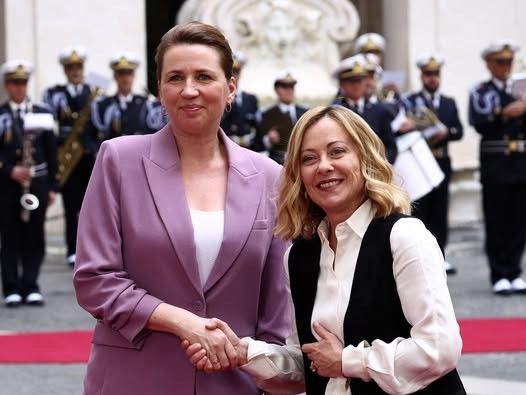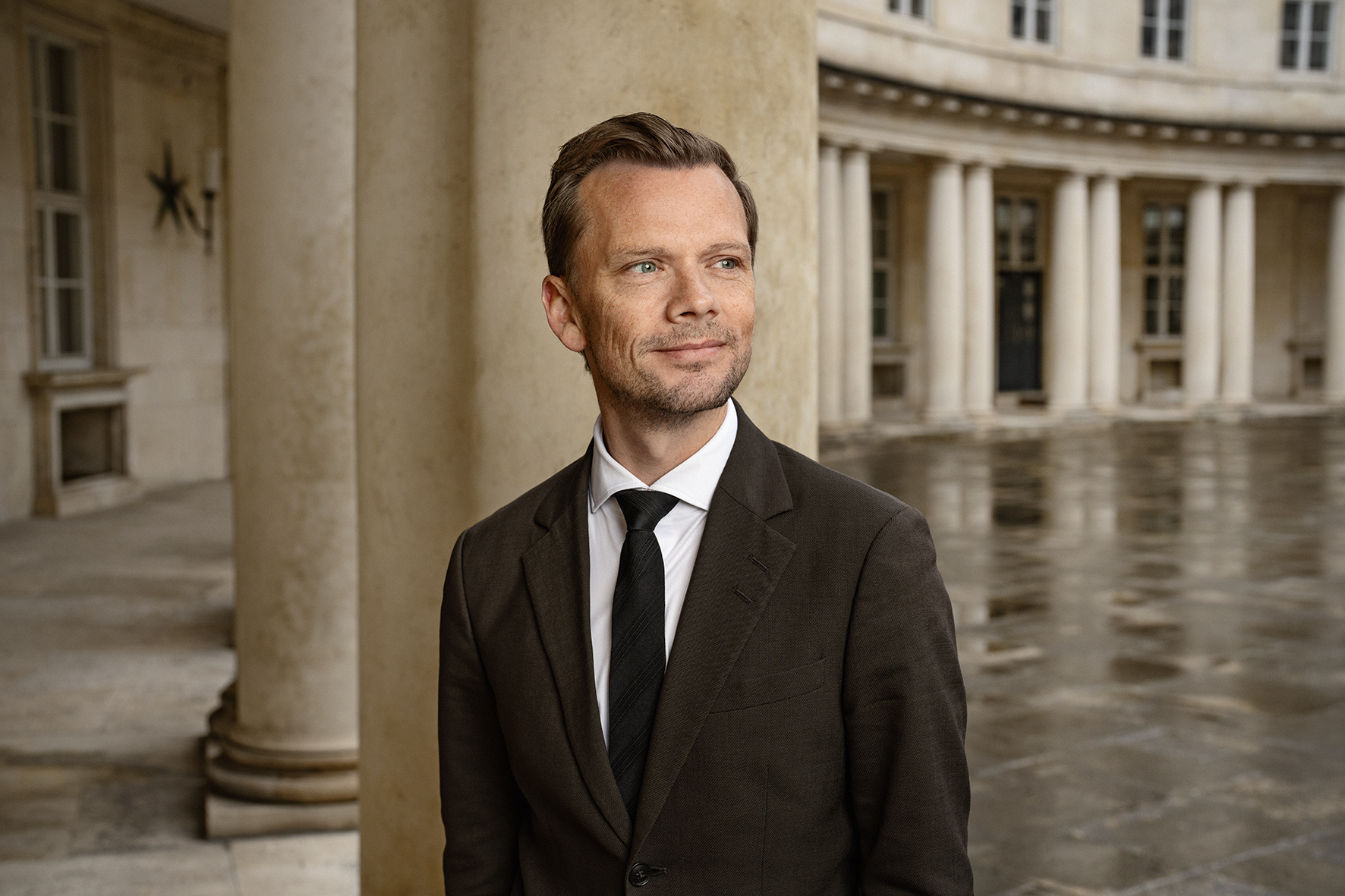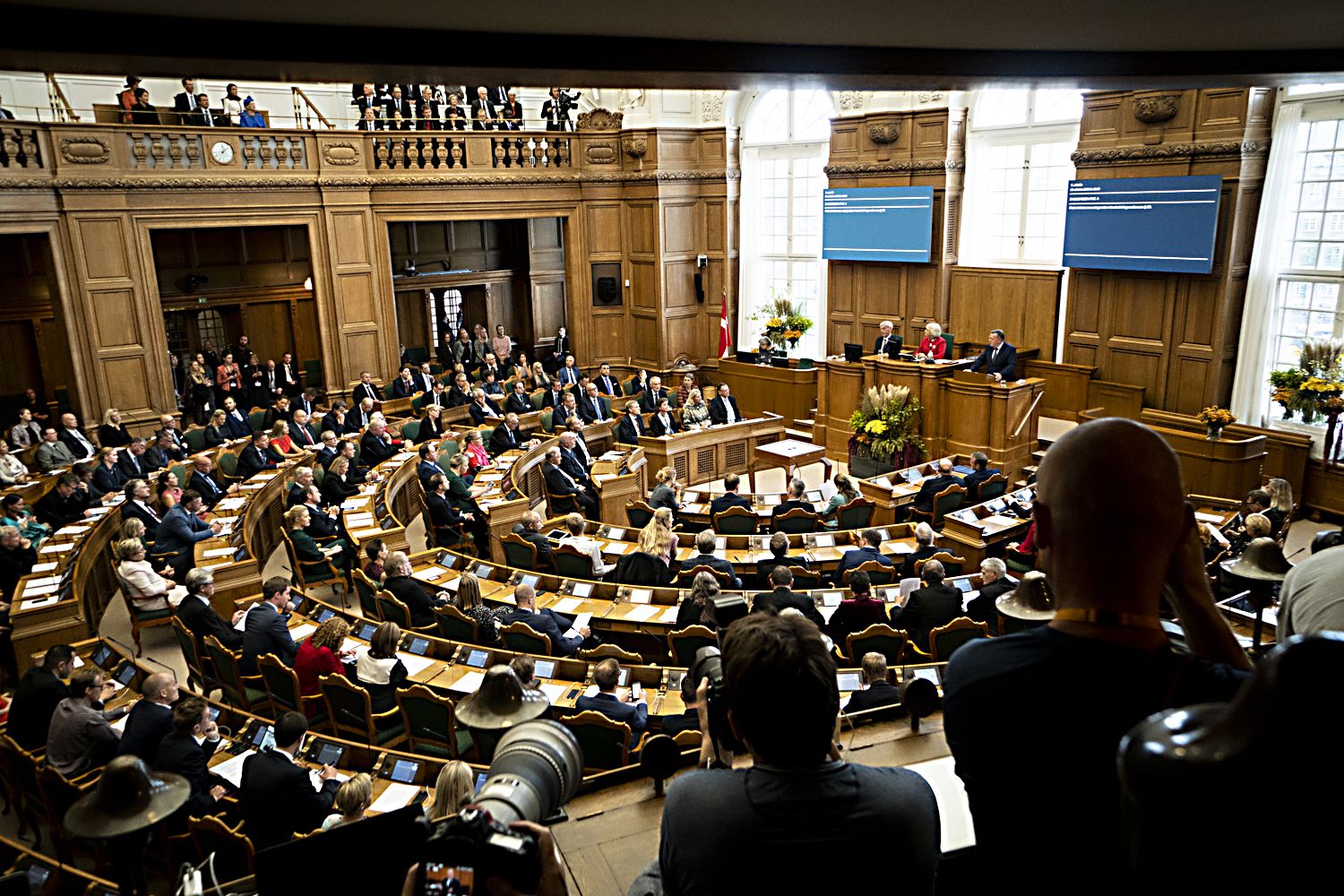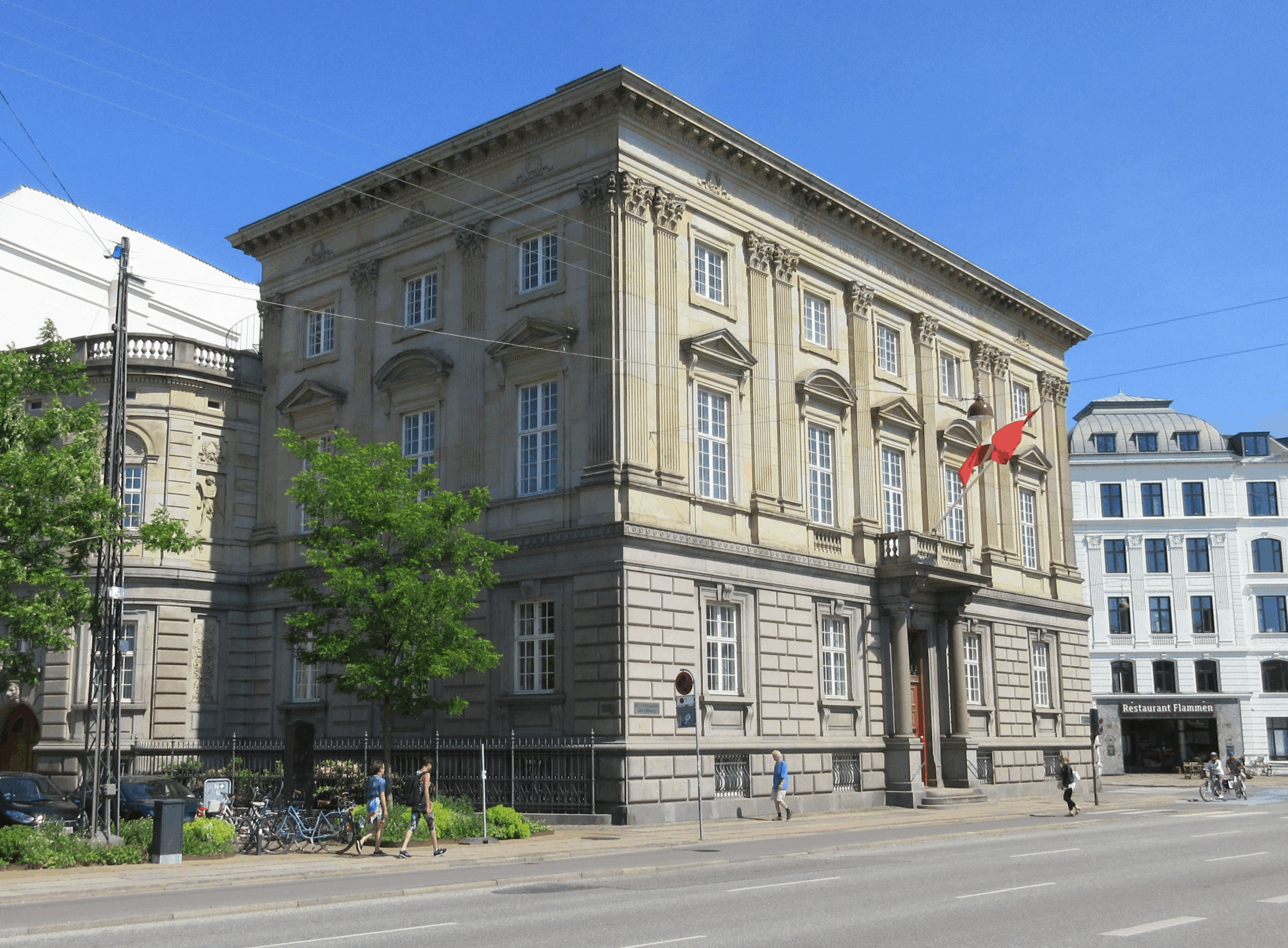The city mayor Frank Jensen has realised that Copenhagen’s interests require a greater presence at the EU headquarters in Brussels, particularly after a new EU law will escalate competition between the nation’s regions.
And while Denmark’s other four regions – North Jutland, Mid-Jutland, South Denmark and Zealand – have reaped considerable financial benefits by having EU offices in Brussels in recent years, the capital region has yet to establish an EU office in the Belgian capital.
“We need to create more jobs and higher growth in the entire capital region and Copenhagen, so the capital region and its 29 councils have agreed to set up an EU office,” Jensen told DR Nyheder.
“If we don’t strengthen our efforts to promote our interests to the EU in Brussels, then there is a risk that the funds will circumvent Denmark’s capital.”
READ MORE: Bornholm given right to apply for island subsidies
Ability to compete
The North Jutland region, for example, has secured 135 million kroner in funding since it opened its EU office three years ago. Henrik Halkier, a professor in tourism and regional development at Aalborg University, argued that EU funds can really help the local regions.
“We’re talking about funds that can be used for development projects, research projects and business development,” Halkier said. “That way regional or council development can really get a boost.”
“You would put yourself in an unfavourable position in terms of being able to compete if you didn’t have an office.”
It is estimated that over 300 European regions and councils currently have offices in Brussels.


